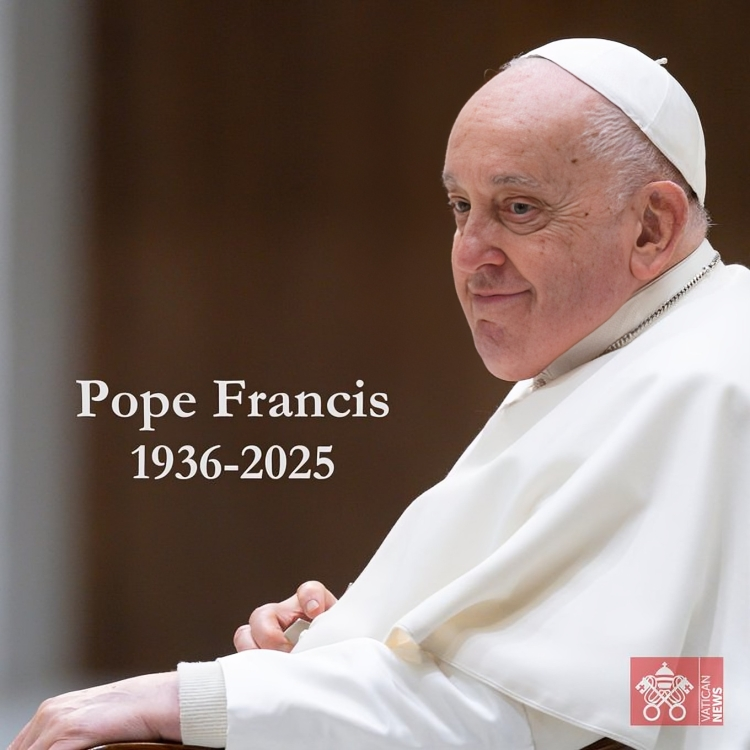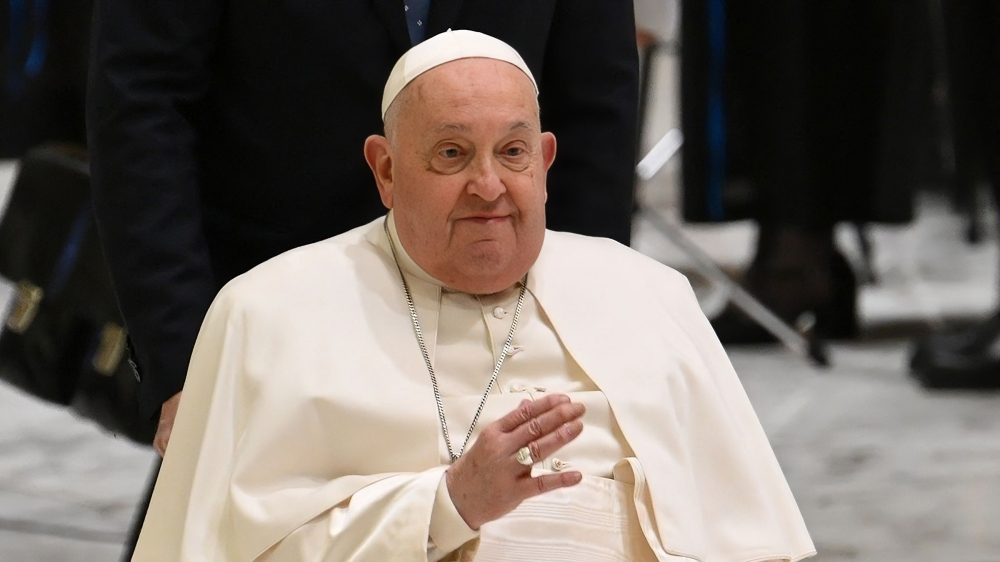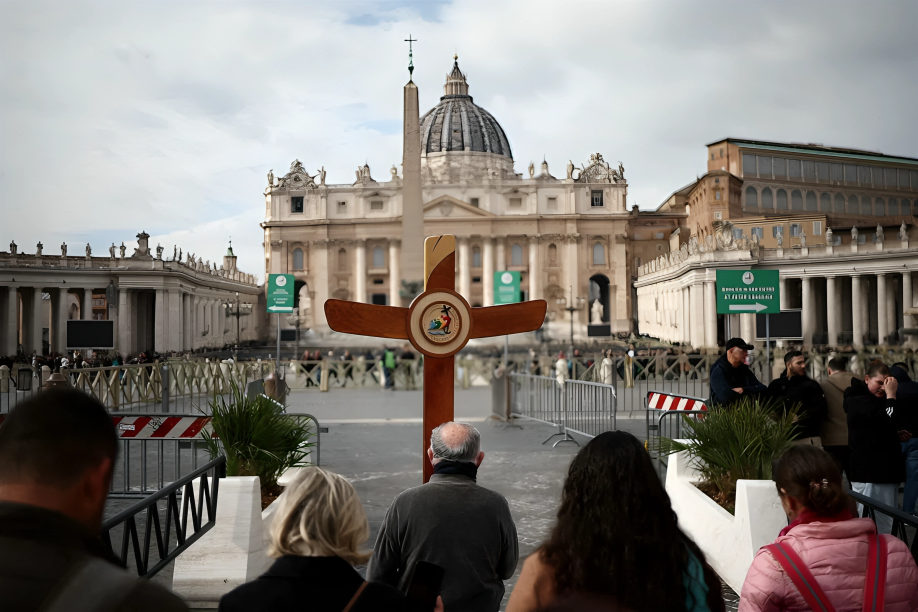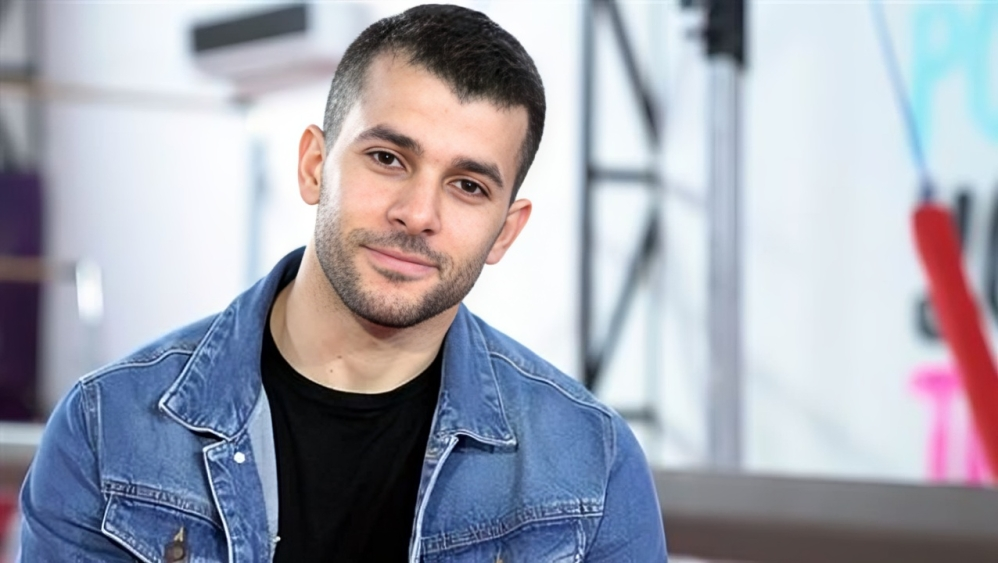How to choose the Pope of the Vatican after the death of Pope Francis.
بعد إعلان وفاة البابا فرنسيس، بابا الفاتيكان، عن عمر يناهز 88 عامًا بعد معاناة مع المرض

How the New Pope of the Vatican is Chosen After the Death of Pope Francis
After the announcement of the death of Pope Francis, the Pope of the Vatican, at the age of 88 following a long illness, the papacy becomes vacant, raising questions about how a successor will be chosen at the Vatican. The Catholic Church selects the Pope according to historical rituals that have been followed for centuries. The process begins with a special meeting known as the Conclave, which is held in the Sistine Chapel.
The Process of Choosing the New Pope:
The voting sessions are held in complete secrecy, with about 120 Cardinals from around the world gathering. The Cardinals vote to select the next Pope by writing the name of their candidate on a ballot, which is then placed in a chalice on the altar symbolically. Communication with the outside world is strictly prohibited within the Conclave, and leaking any information regarding the vote is banned, with Cardinals facing ecclesiastical penalties if this occurs.
The Rituals and Voting:
The voting process continues in several rounds until a Pope is chosen. The election of the Pope requires a two-thirds majority of the Cardinals' votes. If no candidate achieves this majority, the voting continues in multiple rounds until a decision is reached. Black smoke is emitted when the Pope has not been chosen, while white smoke signals the election of the new Pope.
Duration of the Selection Process:
The process of selecting the new Pope may take several days, with votes being cast both in the morning and evening. If an agreement is not reached after several rounds, the Cardinals are given a break, and voting resumes the following day. If a consensus is not reached after 33 rounds, a decisive vote will be held between the most favored candidates to choose the new Pope. The election process can take anywhere from 15 to 20 days.
Announcement of the New Pope:
After the election of the new Pope, the announcement is made to the public with the phrase "Habemus Papam" ("We have a Pope"), and the new Pope appears from the balcony of St. Peter’s Basilica in his new white robe to begin his duties in leading the Catholic Church.
Requirements for the New Pope:
There is no legal requirement that the new Pope must be a Cardinal, although the majority of Popes elected in modern times have been Cardinals. It is also expected that the new Pope will have a good reputation, a high level of theological knowledge, and leadership skills. He must have the ability to influence different directions within the Catholic Church.
The History and Symbolism in the Election Process:
The process of selecting the Pope is not just an administrative procedure but a moment of great religious and historical symbolism. Although the Catholic Church applies strict procedures in choosing the new Pope, the goal is to ensure that the chosen person is spiritually and intellectually qualified to lead the Church into a new phase in its history.
Challenges in Choosing the New Pope:
As time progresses, the process of choosing the Pope faces additional challenges, especially in light of global, political, and theological changes. The pressure on the Cardinals increases to select a personality capable of uniting the Catholic Church amidst the cultural and religious diversity characterizing the modern era.
The Church and the Emergence of the New Pope:
The announcement of the new Pope marks the beginning of a new era in the history of the Catholic Church, as the new Pope will set new directions that may impact both ecclesiastical and global relationships. The Cardinals place significant importance on selecting a figure who combines religious wisdom with the ability to lead the Church amid contemporary challenges.
These procedures ensure the respect of Catholic Church traditions in selecting the Pope and emphasize the importance of consensus in this spiritual process.

شذى حسون تؤكد تأثر الفنانين بالأوضاع السياسية، وتشير إلى أن الحفلات هي مصدر الرزق الأساسي.
فريدة سيف النصر تطالب بوقف ظهور الفنانين في بث مباشر عبر "تيك توك"، وتثير الجدل مجددًا بسبب تصريحاتها حول الحجاب وسن الستين.
رامز أمير يوضح سبب رفضه ظهور زوجته في الإعلام والسوشيال ميديا مؤكدًا احترامه للخصوصية.
ريم البارودي تكشف سر غيابها عن التمثيل وهجوم حاد على الوسط الفني بعد وفاة والدها.




